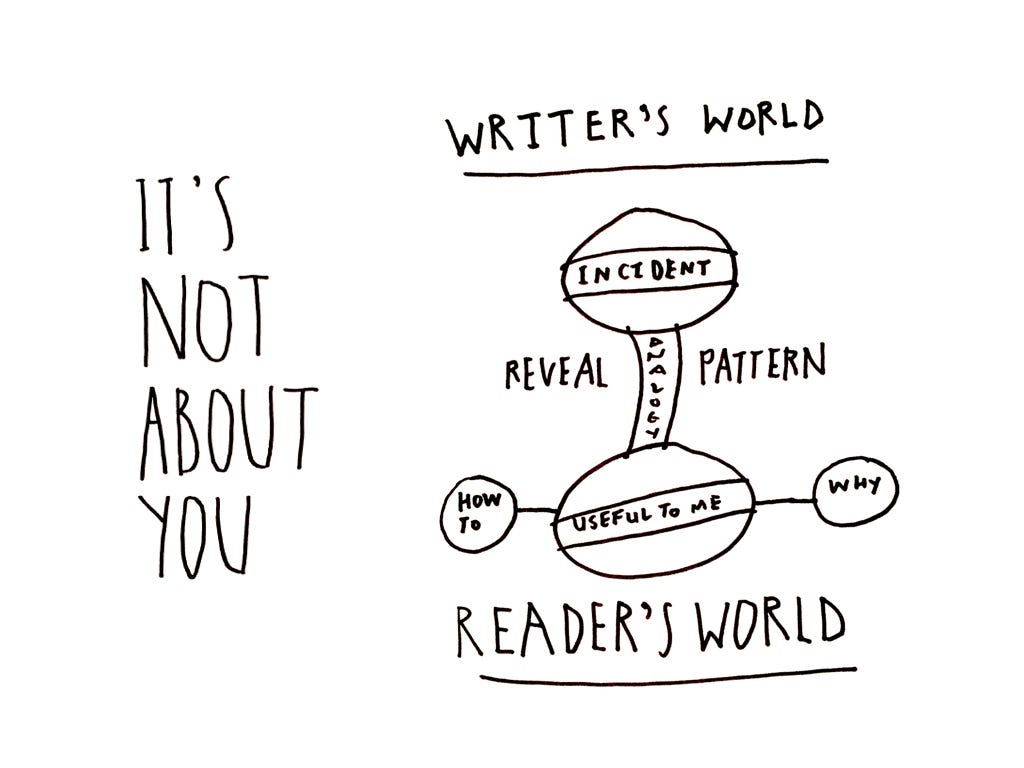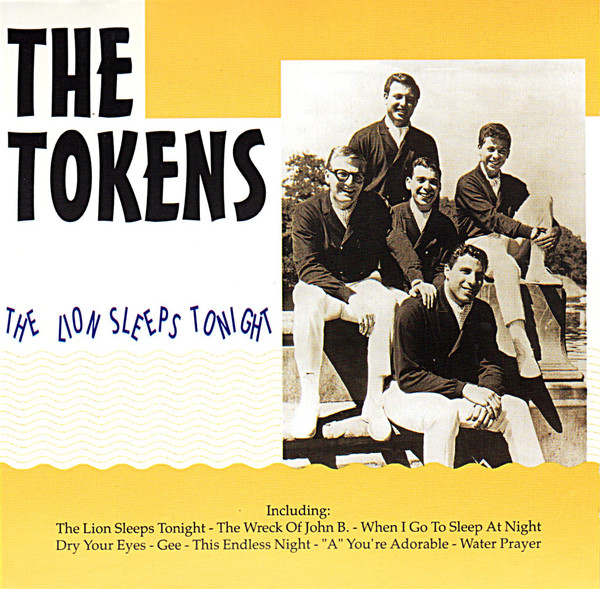

It’s unlikely that this pressure would have come to bear if it hadn’t been for Rian Malan, South African journalist and author of the bestselling My Traitor’s Heart.

“The settlement came about as a result of pressure from various sectors of society, both in South Africa and overseas,” family lawyer Hanro Friedrich told Business Day at the time of the settlement. The Dickens Provision was inserted into the Copyright Act of Great Britain – and its former colonies – in the early 20th century after outrage that the works of Charles Dickens were generating huge profits for publishing companies while his family was destitute. The basis for the family’s case was the Dickens Provision, which stipulates that 25 years after a creator’s death, all rights should revert to the heirs, who would then be entitled to renegotiate deals and secure better royalty terms. The settlement involves back payment of royalties to the family and the right to receive future payments for worldwide use.

After a six-year battle his surviving daughters Delphi, Elizabeth and Fildah, who had claimed almost R10-million from copyright holder Abilene Music, settled their dispute for an undisclosed sum. In February 2006, Linda’s legacy finally received some justice. ( Image: The International Library of African Music at Rhodes University and Veit Erlmann ) From left, Solomon Linda (soprano), Gilbert Madondo (alto), Boy Sibiya (tenor), Samuel Mlangeni (bass) and Owen Skakane (bass). Solomon Linda and the Evening Birds in 1941. His widow couldn’t afford a headstone for his grave. The musician died in 1962 with less than R100 in his bank account.
#A WIMOWEH MEANING MOVIE#
Yet the tune went on to become Pete Seeger’s runaway hit Wimoweh, then the Tokens’ The Lion Sleeps Tonight, on to at least 160 covers, before ending up in the voices of Timon and Pumbaa, the meerkat and warthog characters in Disney’s classic movie and Broadway hit The Lion King. It’s estimated that Linda received a total of 10 shillings for the song. The song is Mbube, produced by Zulu musician Solomon Linda in 1939. It’s the story of a song we all know, the impoverished Zulu migrant worker who wrote it, the musicians and record companies who raked in millions for it, and the almost 70 years it has taken for his family to see justice done. This is a story about numbers: 10 shillings, US$15-million, 70 years, over 160 covers and three centuries of continuous radio air play.


 0 kommentar(er)
0 kommentar(er)
